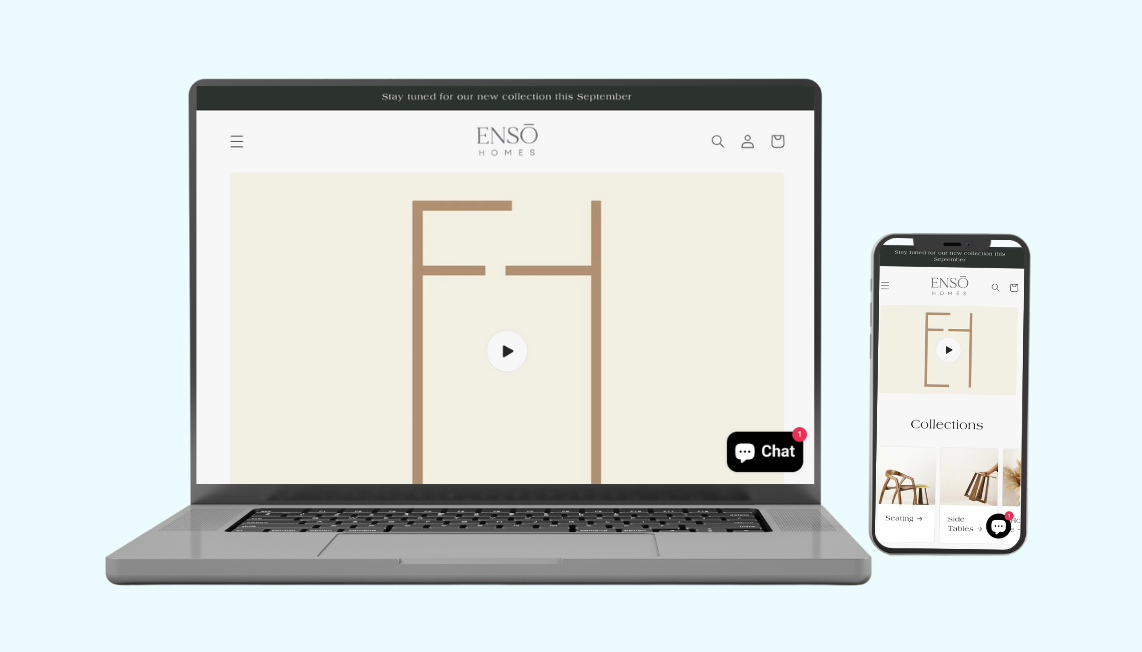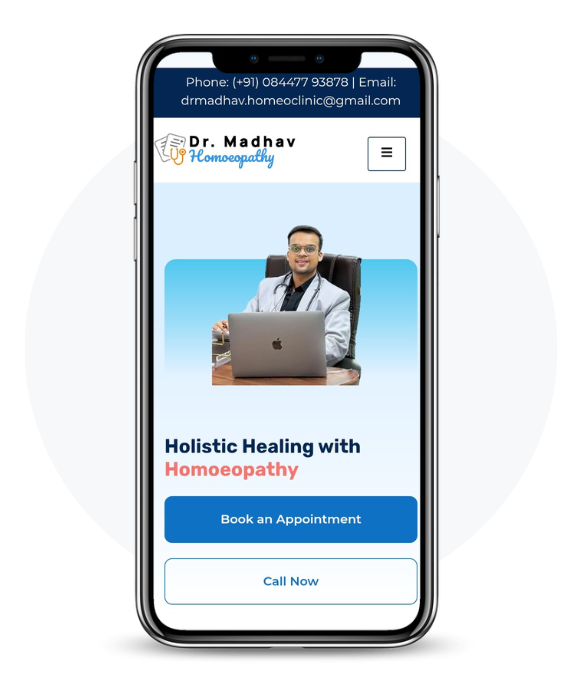A Conversion Funnel (also called a sales funnel or marketing funnel) is a visual model that depicts the theoretical customer journey toward the purchase of a product or service. The funnel metaphor illustrates how a large number of potential customers are narrowed down through several stages until a smaller number complete a desired conversion action.
The traditional conversion funnel consists of four main stages: Awareness (top of funnel); where prospects first learn about a brand or offering; Interest (middle of funnel); where they actively research and consider options; Decision (bottom of funnel); where they’re evaluating final choices before purchase; and Action; where the conversion occurs.
Modern digital marketing often expands this model to include post-purchase stages like Retention and Advocacy; recognizing that the customer journey extends beyond the initial conversion. This expanded view is sometimes called a "hourglass" or "flywheel" rather than a funnel.
Each funnel stage requires different content types and marketing tactics. Top-of-funnel content educates and builds awareness; middle-of-funnel content provides detailed information and comparisons; while bottom-of-funnel content addresses objections and facilitates purchase decisions.
Funnel analysis helps marketers identify "leaks" where potential customers drop out of the process; allowing for targeted improvements to increase overall conversion rates.
























Michael Smith
-